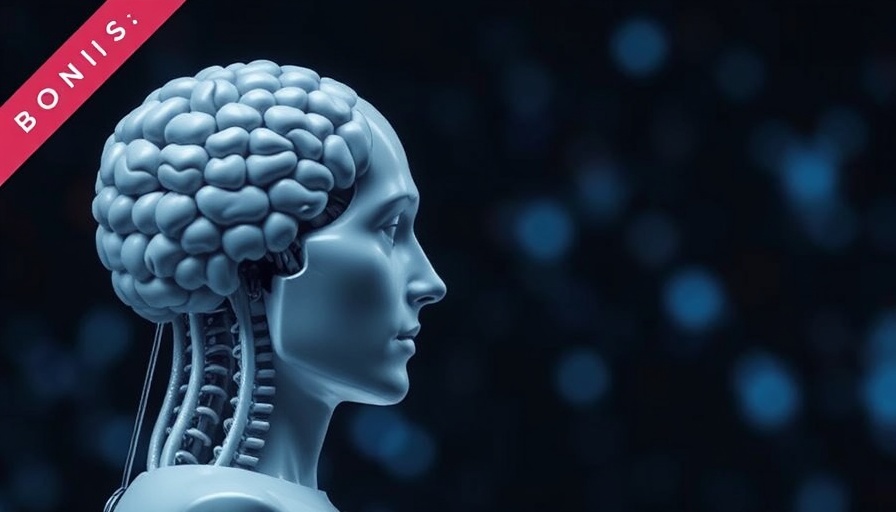
Why AI Isn't Ready for Clinical Reasoning Yet
When we think about Artificial Intelligence (AI), especially in the medical field, we often imagine a futuristic world where machines make decisions about our health. However, despite its growing presence in various industries, large language models (LLMs) like ChatGPT still struggle with clinical reasoning. Understanding these limitations is essential for anyone interested in evidence-based skincare and healthcare decisions.
The Challenge of Contextual Understanding
One significant issue arises from AI's inability to grasp context fully, an essential component of clinical reasoning. For example, when a healthcare provider assesses a patient, they consider a myriad of factors: symptoms, medical history, lifestyle, and even emotional state. LLMs, however, rely on patterns from the data they are trained on, ignoring the nuances that come with individual cases. This limitation can lead to misunderstandings or oversights in patient care.
Critical Thinking in Healthcare
In the world of medicine, critical thinking plays a pivotal role. A healthcare professional does not merely crunch numbers or analyze data but applies their understanding to think critically about health conditions and treatment options. LLMs lack this innate ability to reason critically about complex health issues, resulting in oversimplified responses that may not address the true nature of a person's situation.
Myth-Busting: AI as a Replacement for Professionals
There's a pervasive myth that AI could replace healthcare professionals, especially with tools that appear to offer "quick fixes" to medical questions. It's crucial to clarify that while LLMs can provide suggestions based on data analysis, they cannot replace the empathy and human experience that professionals bring to patient care. Personal touch and understanding are irreplaceable aspects of healthcare that AI cannot replicate.
The Importance of Evidence-Based Approaches
When it comes to skincare and health advice, relying on evidence-based information is vital. LLMs can sometimes produce information that sounds credible but lacks rigorous scientific backing. Particularly in fields like skincare, where understanding ingredients and their effects is crucial, turning to credible sources like dermatologists and published research is invaluable. This ensures that the advice isn't just based on trends but on solid evidence.
Future Predictions: AI Integration in Healthcare
Looking ahead, the integration of AI in healthcare does hold promise. Future developments may improve LLMs' understanding and reasoning capabilities, and they could be designed to assist healthcare professionals rather than replace them. By functioning as a supportive tool, AI could streamline processes, enhance patient communication, and even assist in treatment recommendations, all while ensuring professionals remain at the forefront of decision-making.
Breaking Down Barriers: Building Trust with Technology
The potential for AI to enhance clinical reasoning lies in how we choose to use it. Building trust involves transparency about AI's capabilities and limitations. Healthcare professionals and patients alike must understand the role AI will play and the importance of human expertise in interpreting AI-generated information. It's about creating a collaborative space where technology assists, rather than confuses or replaces.
Empowering Patients with Knowledge
As consumers of skincare and health information, awareness is power. Knowing the limitations of AI can empower individuals to seek the knowledge they deserve. Instead of relying solely on technology, integrating multiple sources and reaching out to professionals who can interpret data is key to making informed decisions about health and skincare.
 Add Row
Add Row  Add
Add 




Write A Comment